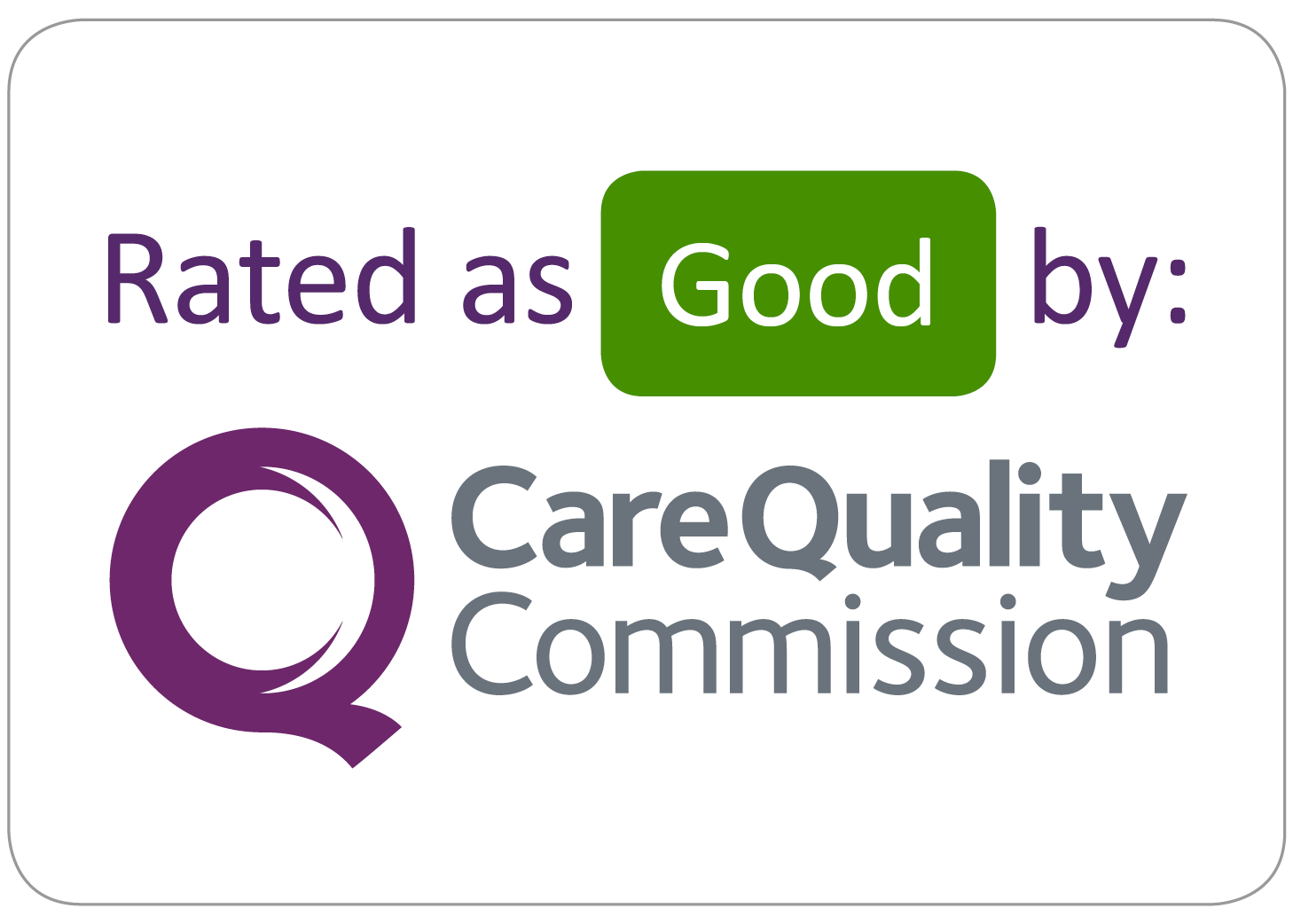Sex and Cancer

Cancer and cancer treatment can affect many areas of sexual well-being. Your thoughts and feelings have a powerful effect on your sexual well-being. Being diagnosed with cancer can cause strong emotions. You may not feel like sex if you feel depressed or anxious, or if you are worried; they may cause changes that are:
- physical
- emotional
- practical
These areas are often linked. If there is a change in one area, it may affect another.
Many changes caused by cancer treatment are temporary and usually get better after treatment. As you recover, you may find your sex life goes back to the way it was. Sometimes people might have to adjust to changes that last longer or that may be permanent.
There can be ways to improve your sexual well-being and to manage any problems. But sometimes this gets forgotten because there are other things to cope with when you have cancer. It may also be ignored because you or your healthcare team feel embarrassed or worried when talking about sex.
The impact of cancer and cancer treatment are often the same whatever your sexual orientation or gender. But you may have some specific questions about how these will affect your sexual well-being. The NHS aims to provide healthcare to everyone. This includes providing care and support about sexual well-being to people of all genders and sexual orientations.
Cancer and sexual problems
Cancer and Sexual Problems Explained - short video advice from a Sexual Therapist
Can I still have sex?
Some people worry about whether it is safe to have sex after being diagnosed with cancer. It is important to remember that sexual touching, penetration or close physical contact:
- cannot pass cancer on to a partner
- will not affect the cancer
- does not make cancer more likely to come back.
If you feel like having sex then it is usually safe to do so, and some people find they enjoy sex and want to keep their sex life as normal as possible. Your Clinical Nurse Specialist will tell you if you need to make changes to your sex life because of a treatment.
Having sex during treatment
If you have sex during cancer treatment, it is important to prevent a pregnancy and to protect yourself and any partners.
Small amounts of chemotherapy, or other drugs, can get into your body fluids. This includes fluid made in the vagina and the fluid that contains sperm.
To protect any partners, your Clinical Nurse Specialist may advise that for a few months after certain drugs you use:
- a condom for vaginal or anal sex
- a condom (or a latex barrier such as a dental dam) for oral sex
Using condoms and dental dams also helps protect you from sexually transmitted infections (STIs). This is especially important if your cancer treatment affects how your body fights infections.
If you use a lubricant, only use a silicon or water-based product with condoms or dental dams.
Sex after Cancer treatment
Further information
For further information on sex and cancer speak to your Clinical Nurse Specialist, Chemotherapy Nurse or any of the Macmillan information support team. If you do not feel comfortable speaking to them also try your GP or local sexual health clinic.
Information can also be sort from the Macmillian booklet on Cancer and Sex which can be accessed by clicking here.

















